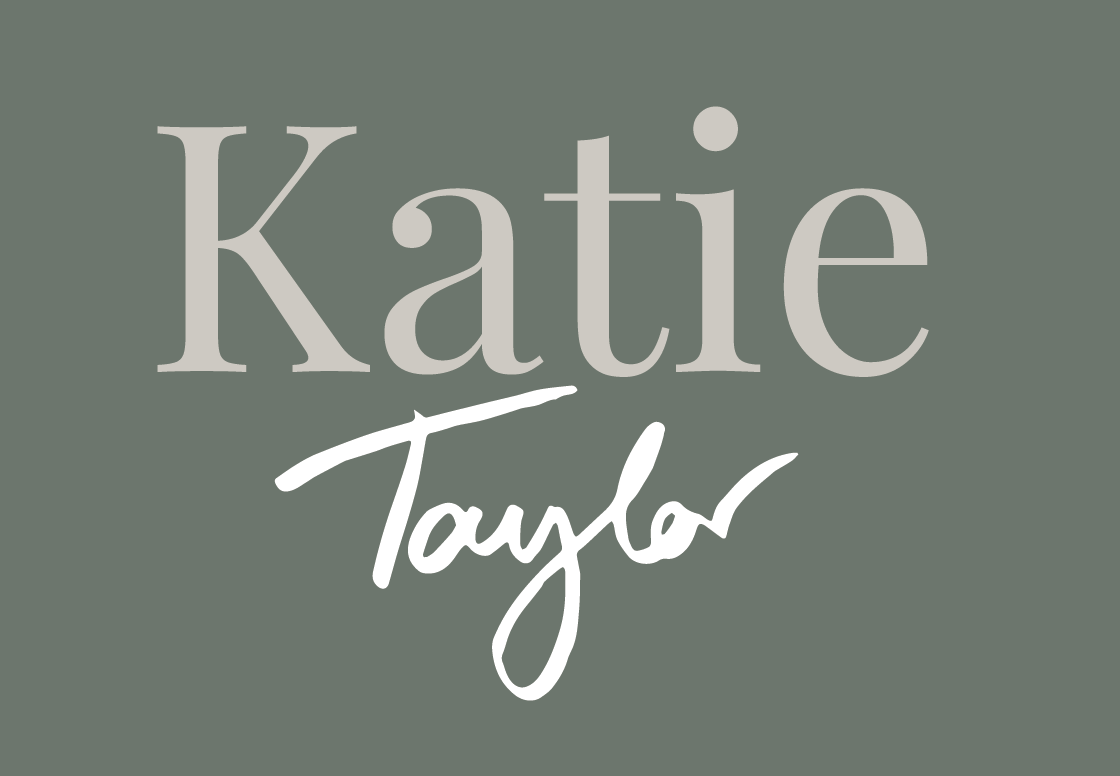Navigating the journey of menopause can be challenging, not just for the woman experiencing it but also for her partner. As a life coach, I’ve seen firsthand how a lack of understanding about menopause can lead to misunderstandings and strain on relationships. By fostering open communication and educating your partner about the symptoms and their impact on well-being, you can protect and strengthen your relationship during this transitional phase.
The Importance of Understanding
Menopause is a natural biological process that typically occurs in women in their late 40s to early 50s. It can bring a range of symptoms, including hot flashes, mood swings, sleep disturbances, and decreased libido. When partners are not aware of these changes, they may misinterpret behaviors, leading to frustration and resentment. This lack of knowledge can become a significant source of tension, making it crucial for couples to engage in open discussions about this topic.
Strategies for Effective Communication
Educate Together
Start by sharing resources that explain menopause in simple terms. Books, articles, or reputable websites can provide valuable information. Consider reading together or discussing what you’ve learned. This collaborative approach not only educates but also fosters empathy and understanding.
Set Aside Time for Conversations
Designate time to discuss how menopause is affecting you. Choose a calm, relaxed environment where both of you can speak openly. Share your feelings and experiences, and encourage your partner to ask questions. This dialogue can help bridge the gap between your experiences and their understanding.
Encourage Empathy
Ask your partner to put themselves in your shoes. Explain how symptoms may impact your mood, energy levels, and overall well-being. Encouraging empathy can help them respond more compassionately when you’re feeling overwhelmed or irritable.
Create a Supportive Environment
Discuss strategies together to manage symptoms. Whether it’s establishing a calming bedtime routine, exercising together, or exploring dietary changes, working as a team can strengthen your bond and foster a sense of partnership.
Seek Professional Support
Consider attending a workshop or counseling session together focused on menopause. A professional can provide valuable insights and facilitate constructive conversations, helping both of you navigate this transition more smoothly.
Understanding menopause is crucial for maintaining a healthy relationship. By educating your partner and fostering open communication, you can create a supportive environment that nurtures both your well-being and the health of your relationship. Remember, this transitional phase can be an opportunity for growth, connection, and deeper understanding. Embrace it together!
